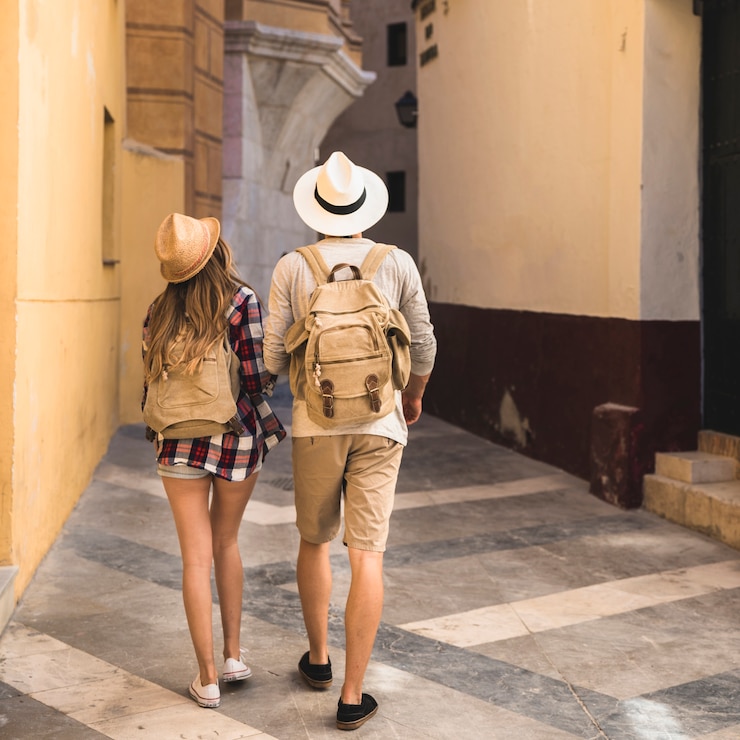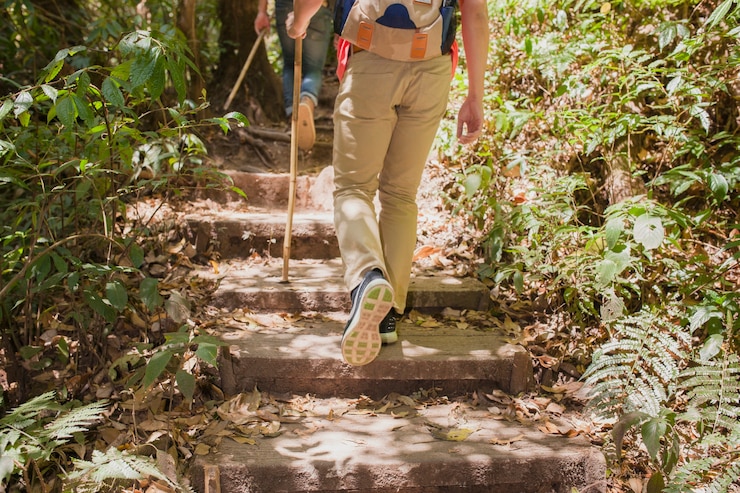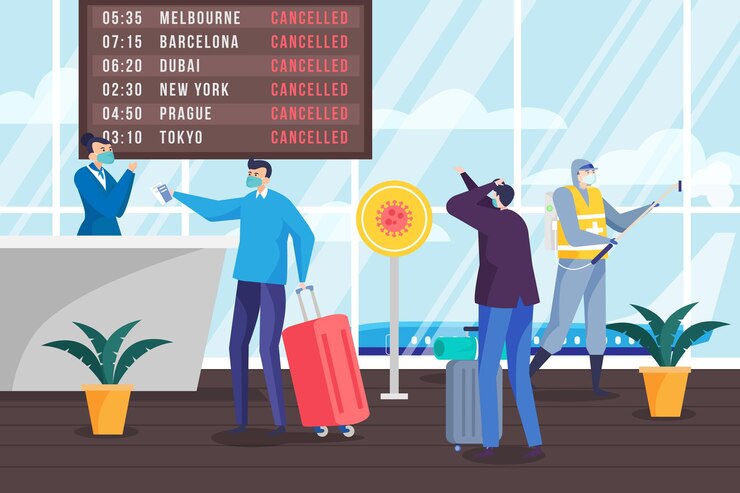
Backpacking in your 40s might sound unusual, but it’s not as rare as you might think. Simply showing up allows you to connect with a diverse group of fascinating people. However, on one particular night, amidst the noise of young travelers calling out in their languages and singing drinking songs, I couldn’t help but feel a bit out of place.
Backpackers of all ages tend to interact with a social protocol, similar to how modems used to connect in the ’90s. Instead of strange noises and squeals (though some cultures still use those), we follow a predictable pattern of questions to form connections. Earlier, a friendly young Norwegian surprised me by jumping from the typical “Where are you from?” to asking my age directly. Usually, people would ask how long you’re traveling to gauge experience and budget. Her curiosity was innocent, but it caught me off guard. As I scanned the crowded bar on Khao San Road, my suspicion was confirmed—I was the oldest person there.
Doubt began to creep in. Was I just reliving old travel memories, or should I be elsewhere in Bangkok, enjoying a more upscale experience with others my age? Wandering through the chaos of Khao San Road at midnight with a stroller is bold, but a European family did just that. They pulled me from my thoughts, and we bonded over our shared feeling of being outliers. Their toddler seemed excited by the chaos, unaware that the red balloons contained laughing gas and the buckets held powerful cocktails for backpackers.
Although I felt out of place, my travels later took me to West Sumatra and Nepal, where I found plenty of budget travelers my age and older. It turned out, I wasn’t as isolated as I feared. Many people in their 40s and beyond still love backpacking, though they may be more selective with destinations and protective of their brain cells—no laughing gas balloons in the Himalayas, for example.
Learning new things literally changes the brain’s structure, while staying in our comfort zones makes the brain lazy. Making small changes, like brushing your teeth with the opposite hand, can feel awkward and tiring but breaks routine. Hebbian theory tells us that repeated actions fortify the same neural pathways, something researchers have confirmed using brain-scanning technologies. Our grandmothers knew it all along: as we age, we become “set in our ways.”
Traveling can shake up a rigid, 40-something brain like nothing else. Not the sort of travel where discomfort is minimized by others, but the challenge of budget backpacking for those over 40. It’s even more rewarding now. These trips shouldn’t be limited to gap-year students; they offer unique experiences at any age. And if you’re not facing two simultaneous insect bites, you’re not really living the adventure. Flushing a foreign toilet can be an exploration in itself, and navigating different cultures daily is like running a mental marathon.
Americans are often asked at 17 or younger to plan their next 50 years. It’s no surprise that midlife career changes—sometimes for travel—are common. With remote work becoming more feasible, you might not even need to leave your job. Places like Bali offer a great setting to swap a cubicle for a cafe where coffee costs a dollar. You’ll need a convincing reason for missing a 3 p.m. call (3 a.m. your local time). Some might question your decision to travel now instead of waiting for retirement, but don’t let them discourage you. Backpacking in your 40s doesn’t require a midlife crisis, and could be cheaper than buying a Harley or convertible.
Usually, other backpackers are welcoming to older travelers, although perceptions vary. Wandering light with few possessions might get you mistaken for a drifter. Younger travelers enjoy more societal flexibility, not yet expected to settle down with possessions bigger than a backpack. In many Asian societies, the oldest male often ends up paying when dining with a group; I’ve had the check placed by me more than once. Luckily, my companions discreetly handled it.
Age-based assumptions can surprise you. A mother once handed me her baby on a bus so she could sort luggage overhead. The baby stared at my unfamiliar face in shock, neither of us knowing exactly what to do. Backpackers tend to treat each other well, regardless of age, especially if you’ve got some travel stories to share. While some teens wonder what medications fill my bag, most recognize quickly that memorable trips are about the people you meet, not just the places. Engaging older travelers is inviting, even if TikTok talk means pretending to know what they’re discussing.
Staying at hostels reveals the age gap most for backpackers in their 40s. Dorms with bunk beds lack privacy and often lead to little sleep. Still, hostels can be rewarding. They offer immediate community and the chance to meet amazing people. You’ll be expected at the nightly gatherings or to endure them quietly. You can join the fun, since your roommates will likely arrive late with drinks anyway. Enjoy celebrations with young Scandinavians and remember their ancestors were renowned for their celebrations.
Fortunately, hostels often offer private rooms, which make travel much more comfortable for us older backpackers. Enjoy hostel benefits like camaraderie without dorm challenges like snoring or midnight disturbances.
At home, you might hesitate to walk across town to save on pad Thai. But backpackers do it frequently, and share tips with others to save similarly. Claiming such walks aren’t worth it can be a travel faux pas.
While backpacking, you realize that “time is money” isn’t accurate. If it were, we’d all be on private jets. Instead, we often endure uncomfortable buses older than us. Travelers are blessed with having ample time to explore, grow, and meet new people. Making a midlife career shift for travel gives you more free time than you’re used to, letting you read, take the long way, and connect meaningfully. Backpacking at this stage easily ranks among life’s best experiences.
Moreover, new experiences alter how we perceive time—a month away can feel like three. So, there’s plenty of time to recover from card games with Scandinavians and perhaps learn TikTok from them.


